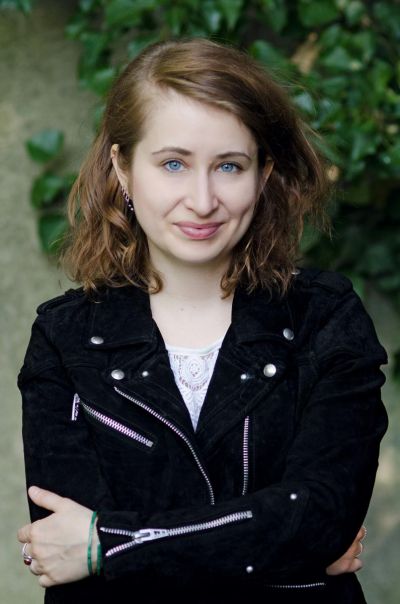Katarina Niewiedzial – a Pole in the cause of migrants

Another challenge is no doubt the need to convince the general public that migrants are full members of society. A great deal is changing in Germany in this regard, with an increasing number of people with a migrant background taking on high-ranking jobs or appearing as moderators in the media. Even so, they are under-represented in political bodies, for example, in relation to their share of the population. Another emotional issue continues to be the fact that children from migrant families grow up speaking two or more languages, although there have been changes here, too. For the first time, the schools act passed by the Berlin Senate in September 2021 contains clauses promoting bi- and multilingualism. In the wording of the act, the administration avoids using the term “children of non-German origin” and instead refers to the need for teaching in the children’s language of origin, including the option of including it on school reports as a recognised second foreign language. This new approach could almost be regarded as revolutionary. The fact that the act came about at all is largely due to the efforts of the Commissioner for Integration and Migration.
However, she still faces a long list of challenges. Katarina Niewiedzial is aware that may immigrants regard the Berlin administration as unwelcoming. That’s why she aims to work together with the Senate to create a more positive image and way of working, as the current one is no longer able to meet the challenges of the modern digital age. The administrative offices in Berlin should reflect the city’s multicultural population. With this in mind, shortly before the federal government elections in September 2021, the municipal administration was required to gradually increase the number of employees with a migrant background, so that in the medium term, their share would adequately reflect the proportion of migrants in society.
However, a large number of problems can only be solved when those affected are willing to cooperate. Katarina Niewiedzial is in no doubt that migrants need to express their needs clearly and that they must play an active role in ensuring that they are met. This doesn’t always work, though: Poles make up one of the largest group of migrants in Germany, and yet in many areas of life, they are hardly visible, or act as individuals, rather than cooperating with each other. However, as she explains, this is not an exclusively “Polish” problem:
“It’s easier to acclimatise when you participate in society, be it through an organised group, volunteer work or in a political organisation. This makes it easier to familiarise yourself with the structures and mechanisms of your new environment and to help shape them.”
When asked what the benefits of emigration were for her, Katarina Niewiedzial has no trouble answering:
“Flexibility. I have no fear at all of change, and I’m convinced that this is due to my life experiences. I also don’t like coming to places where everything is fixed and in place. I’m therefore not interested in working in Baden-Württemberg, for example, where everything is already running smoothly. In Berlin, we still have quite a lot to do.”
Monika Stefanek, October 2021


